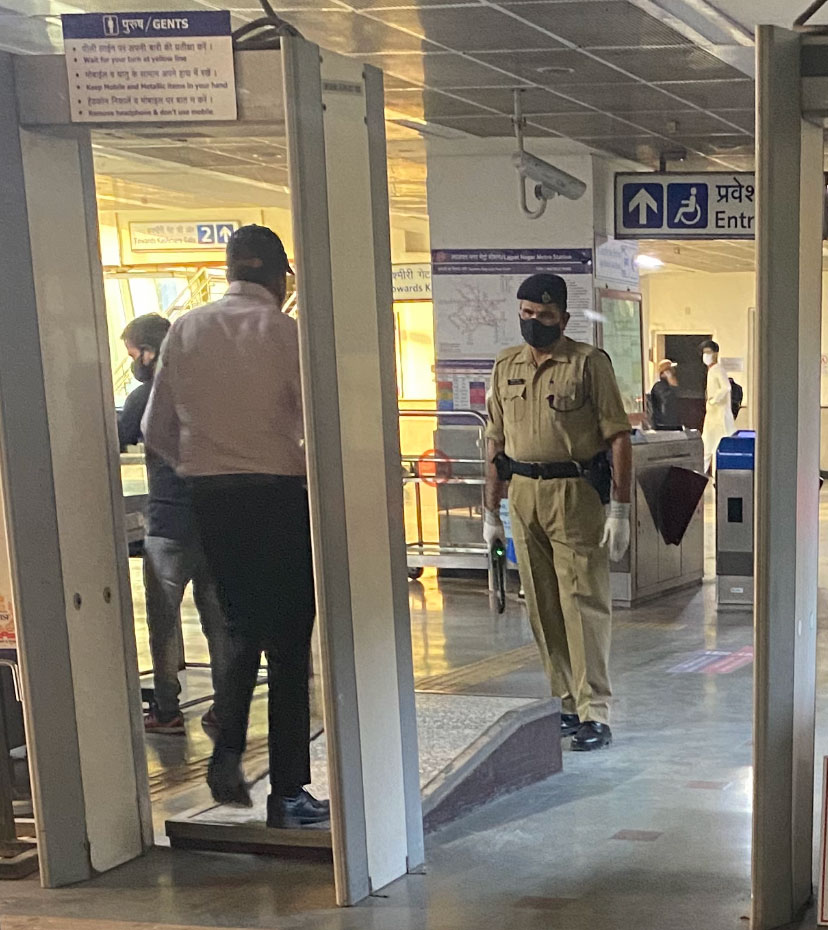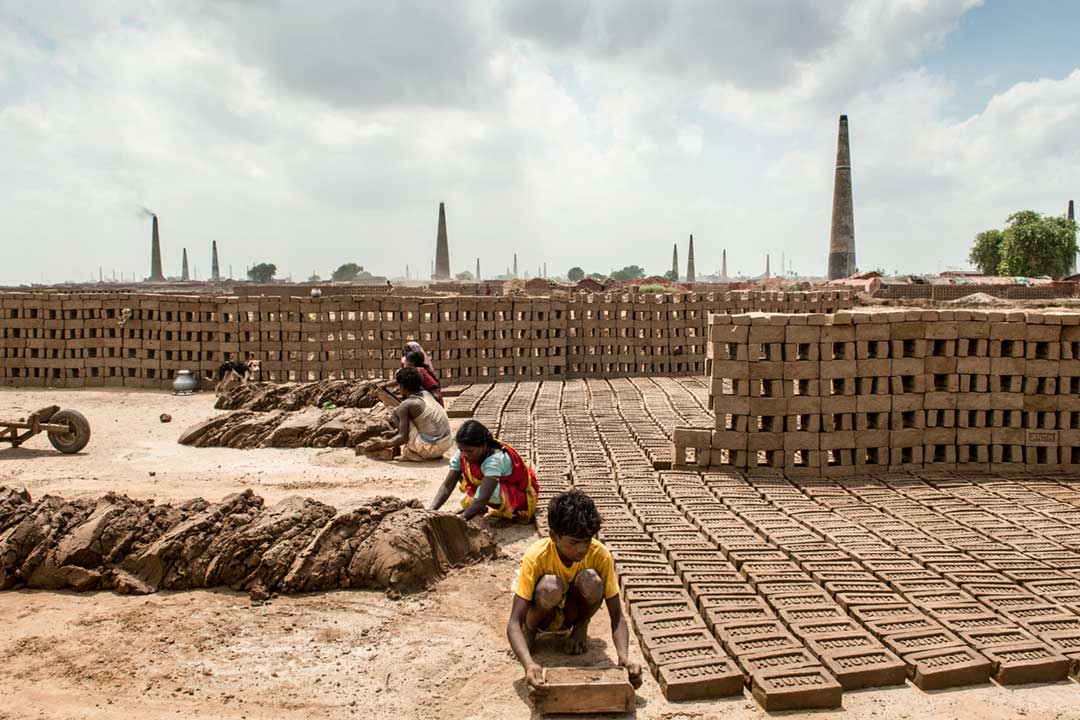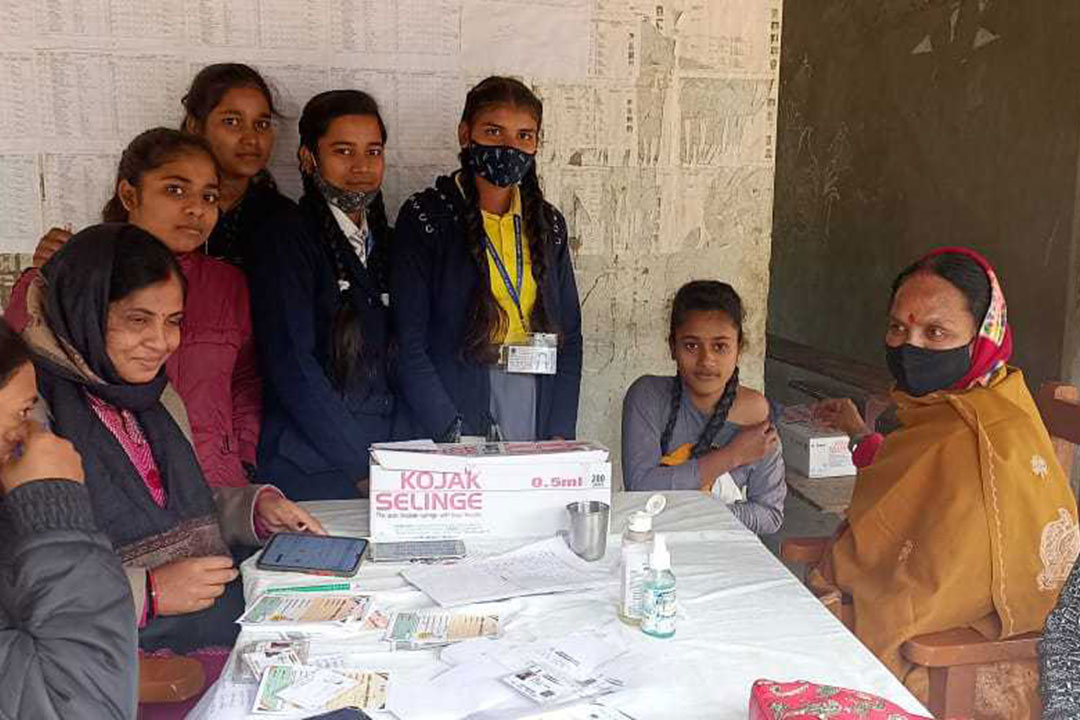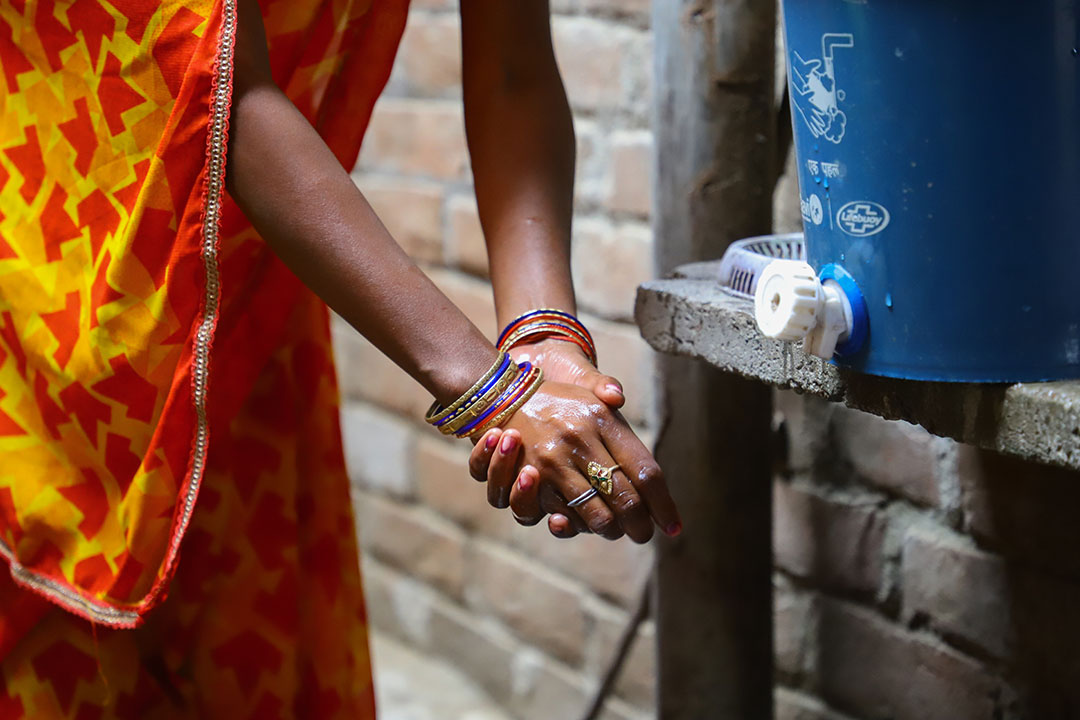Pandemic life on the Delhi Metro
Despite many challenges over the past two years, the Delhi Metro has developed a safe way to transport hundreds of thousands of people every day.
- 21 April 2022
- 4 min read
- by Aayushi Shukla

It’s 07:30 at the Lajpat Nagar Metro Station. People are waiting in line for the Pink Line Metro to arrive. Standing in the queue is Riya Aggarwal, a frequent Metro commuter who spends at least four hours on the Delhi Metro every day.
If the Delhi metro had not made it safe for us, how would we travel? Everyone can't afford a private vehicle or costly cab rides.
“The Metro is the lifeline of Delhi. It was significant in our lives before the pandemic. After that, it has become more important,” she says.
“My office has opened, and it is quite far from my house. The cab ride costs me around 500 rupees one way. This is not feasible for me to pay. Metro takes me home in just 50 rupees and it is a lot safer. If it weren’t safe to travel by Metro, I would have to give up my job. Being safe from the virus is more important now.”
Riya is one of the hundreds of thousands of travellers who depend on the Metro for everyday transportation.
“If not for the Metro’s safe travel guidelines, Delhi would have seen a greater number of COVID-19 cases. The strict travel guidelines of the Metro keep us safe from infections while helping us travel to work affordably,” says Mahek Gupta, another commuter who travels from Gurgaon to East Delhi every day.

Delhi Metro Rail Corporation (DMRC), which carries around 1.8 million passengers every day, was shut down in late March 2020, when the entire country was put under a lockdown. It opened in the middle of the pandemic to safely transport essential services workers. When the lockdown was lifted, the biggest challenge DMRC faced was to transport hundreds of thousands of people safely every day without causing the spread of COVID-19.
Have you read?
“DMRC was able to establish effective COVID-19 protocols to keep its passengers safe while curbing the spread of the virus even when lakhs [hundreds of thousands] of people are using this public transport every day,” says Anuj Dayal, executive director of corporate communication at DMRC.
He continues, “We tried to take care of every small safety detail when the lockdown was lifted. We trained all our staff on how to properly follow the COVID-19 Safety Protocol we put in place. The initial challenge was to make people understand that the restrictions were in place for their own safety. Initially, we had to fine people who did not wear masks and give warnings to people who were uncooperative. It finally worked, and we are glad that people now understand safety concerns.”
VK Patel, a senior DMRC official, adds, “People entering the Metro have to go through thermal scanning and hand sanitisation before boarding a train. Initially, we ran at 50% capacity to allow passengers to keep social distance. We still encourage social distancing but are now running at 100% capacity to help more people travel since all offices and educational institutions have opened.”
When it comes to the challenges faced by commuters while travelling under COVID-19 restrictions, Anupam, another daily Metro commuter, says, “I travel from Dwarka to Lajpat. It used to take me an hour and 40 minutes; now it takes me around two and a half hours since the Metro stops for longer durations at all stations so people can get out without causing any rush. But it is okay; it’s for our own safety. If the Delhi metro had not made it safe for us, how would we travel? Everyone can’t afford a private vehicle or costly cab rides.”
Besides reminding people to get their COVID-19 vaccine shots, Delhi Metro often makes announcements at their stations asking people to follow COVID-19 appropriate behaviour.
Patel is optimistic that all will be well one day. He says, “We hope the worst is over, but we will keep these strict rules in place indefinitely for now.”









